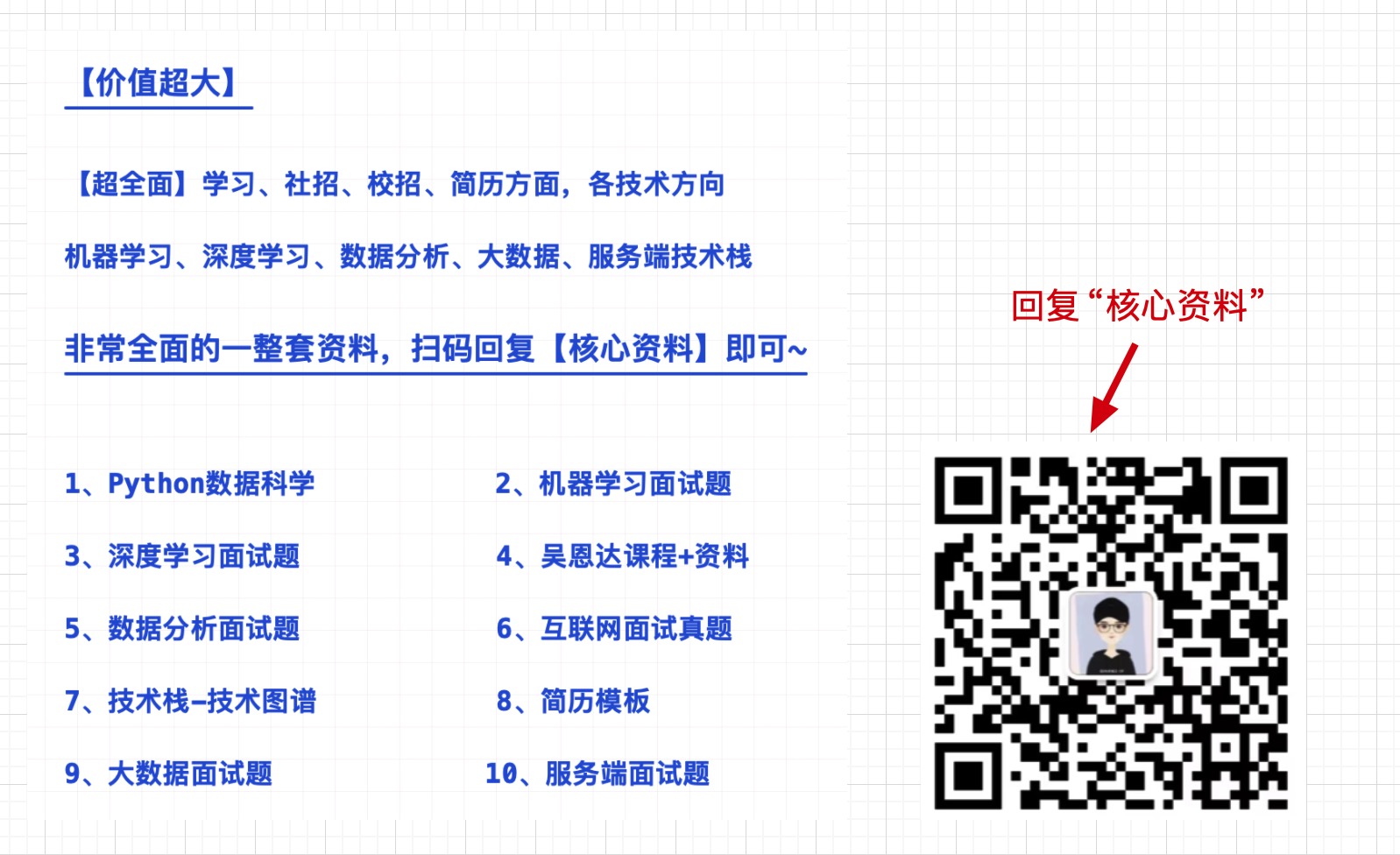import hashlib
import json
from textwrap import dedent
from time import time
from uuid import uuid4
from flask import Flask, jsonify, request
from urllib.parse import urlparse
import requests
from argparse import ArgumentParser
parser = ArgumentParser(description='blockchain')
parser.add_argument('-p', '--port', default=5000, type=int, help='Port')
args = parser.parse_args()
class Blockchain(object):
def __init__(self):
self.current_transactions = []
self.chain = []
self.nodes = set()
# Create the genesis block
self.new_block(previous_hash=1, proof=100)
def register_node(self, address):
"""
Add a new node to the list of nodes
:param address: <str> Address of node. Eg. 'http://192.168.0.5:5000'
:return: None
"""
parsed_url = urlparse(address)
# print(parsed_url)
print(parsed_url.netloc)
self.nodes.add(parsed_url.netloc)
def valid_chain(self, chain):
"""
Determine if a given blockchain is valid
:param chain: <list> A blockchain
:return: <bool> True if valid, False if not
"""
last_block = chain[0]
current_index = 1
while current_index < len(chain):
block = chain[current_index]
print(f'{last_block}')
print(f'{block}')
print("\n-----------\n")
# Check that the hash of the block is correct
if block['previous_hash'] != self.hash(last_block):
return False
# Check that the Proof of Work is correct
if not self.valid_proof(last_block['proof'], block['proof']):
return False
last_block = block
current_index += 1
return True
def resolve_conflicts(self):
"""
This is our Consensus Algorithm, it resolves conflicts
by replacing our chain with the longest one in the network.
:return: <bool> True if our chain was replaced, False if not
"""
neighbours = self.nodes
new_chain = None
# We're only looking for chains longer than ours
max_length = len(self.chain)
# Grab and verify the chains from all the nodes in our network
for node in neighbours:
response = requests.get(f'http://{node}/chain')
if response.status_code == 200:
length = response.json()['length']
chain = response.json()['chain']
# Check if the length is longer and the chain is valid
if length > max_length and self.valid_chain(chain):
max_length = length
new_chain = chain
# Replace our chain if we discovered a new, valid chain longer than ours
if new_chain:
self.chain = new_chain
return True
return False
def new_block(self, proof, previous_hash=None):
"""
Create a new Block in the Blockchain
:param proof: <int> The proof given by the Proof of Work algorithm
:param previous_hash: (Optional) <str> Hash of previous Block
:return: <dict> New Block
"""
block = {
'index': len(self.chain) + 1,
'timestamp': time(),
'transactions': self.current_transactions,
'proof': proof,
'previous_hash': previous_hash or self.hash(self.chain[-1]),
}
# Reset the current list of transactions
self.current_transactions = []
self.chain.append(block)
return block
def new_transaction(self, sender, recipient, amount):
"""
Creates a new transaction to go into the next mined Block
:param sender: <str> Address of the Sender
:param recipient: <str> Address of the Recipient
:param amount: <int> Amount
:return: <int> The index of the Block that will hold this transaction
"""
self.current_transactions.append({
'sender': sender,
'recipient': recipient,
'amount': amount,
})
return self.last_block['index'] + 1
@property
def last_block(self):
return self.chain[-1]
@staticmethod
def hash(block):
"""
Creates a SHA-256 hash of a Block
:param block: <dict> Block
:return: <str>
"""
# We must make sure that the Dictionary is Ordered, or we'll have inconsistent hashes
block_string = json.dumps(block, sort_keys=True).encode()
return hashlib.sha256(block_string).hexdigest()
def proof_of_work(self, last_proof):
"""
Simple Proof of Work Algorithm:
- Find a number p' such that hash(pp') contains leading 4 zeroes, where p is the previous p'
- p is the previous proof, and p' is the new proof
:param last_proof: <int>
:return: <int>
"""
proof = 0
while self.valid_proof(last_proof, proof) is False:
print(proof)
proof += 1
return proof
@staticmethod
def valid_proof(last_proof, proof):
"""
Validates the Proof: Does hash(last_proof, proof) contain 4 leading zeroes?
:param last_proof: <int> Previous Proof
:param proof: <int> Current Proof
:return: <bool> True if correct, False if not.
"""
guess = f'{last_proof}{proof}'.encode()
guess_hash = hashlib.sha256(guess).hexdigest()
return guess_hash[:6] == "000000"
Instantiate our Node
app = Flask(__name__)
Generate a globally unique address for this node
node_identifier = str(uuid4()).replace('-', '')
Instantiate the Blockchain
blockchain = Blockchain()
@app.route('/mine', methods=['GET'])
def mine():
# We run the proof of work algorithm to get the next proof...
last_block = blockchain.last_block
last_proof = last_block['proof']
proof = blockchain.proof_of_work(last_proof)
# We must receive a reward for finding the proof.
# The sender is "0" to signify that this node has mined a new coin.
blockchain.new_transaction(
sender="0",
recipient=node_identifier,
amount=1,
)
# Forge the new Block by adding it to the chain
previous_hash = blockchain.hash(last_block)
block = blockchain.new_block(proof, previous_hash)
response = {
'message': "New Block Forged",
'index': block['index'],
'transactions': block['transactions'],
'proof': block['proof'],
'previous_hash': block['previous_hash'],
}
return jsonify(response), 200
@app.route('/transactions/new', methods=['POST'])
def new_transaction():
values = request.get_json()
# Check that the required fields are in the POST'ed data
required = ['sender', 'recipient', 'amount']
if not all(k in values for k in required):
return 'Missing values', 400
# Create a new Transaction
index = blockchain.new_transaction(values['sender'], values['recipient'], values['amount'])
response = {'message': f'Transaction will be added to Block {index}'}
return jsonify(response), 201
@app.route('/chain', methods=['GET'])
def full_chain():
response = {
'chain': blockchain.chain,
'length': len(blockchain.chain),
}
return jsonify(response), 200
@app.route('/nodes/register', methods=['POST'])
def register_nodes():
values = request.get_json()
nodes = values.get('nodes')
if nodes is None:
return "Error: Please supply a valid list of nodes", 400
for node in nodes:
blockchain.register_node(node)
response = {
'message': 'New nodes have been added',
'total_nodes': list(blockchain.nodes),
}
return jsonify(response), 201
@app.route('/nodes/resolve', methods=['GET'])
def consensus():
replaced = blockchain.resolve_conflicts()
if replaced:
response = {
'message': 'Our chain was replaced',
'new_chain': blockchain.chain
}
else:
response = {
'message': 'Our chain is authoritative',
'chain': blockchain.chain
}
return jsonify(response), 200
if __name__ == '__main__':
app.run(host='0.0.0.0', port=args.port)
</bool></int></int></int></int></str></dict></int></int></str></str></dict></str></int></bool></bool></list></str>
Original: https://www.cnblogs.com/txtp/p/16643745.html
Author: 天下太平
Title: 区块链demo-python
原创文章受到原创版权保护。转载请注明出处:https://www.johngo689.com/584095/
转载文章受原作者版权保护。转载请注明原作者出处!

